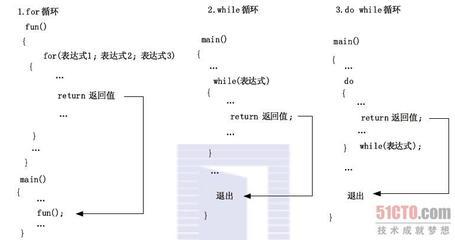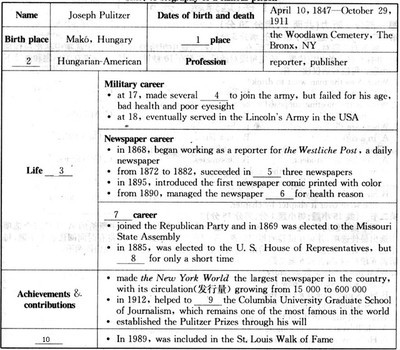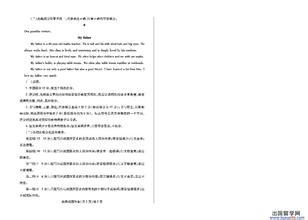Grammar: Adverbs(time expressions)
For example, let’s look at twoactions, one short and one long:
1) Short action – Fall down (itonly takes a second to fall down)

2) Long action – Ride a bike (bikerides can last a long time)
Because one is long and one is short, these twoactions can’t happen at the same time. The short action interruptsthe long action:
Let’s consider two moreactions:
1) Reading a book
2) Telephone ringing
It is clear that the telephone ringing is theshorter action, it only takes a few seconds:
In a way, these two words areopposites. Have a look at the following timelines:
For this situation, you can sayboth:
Until often is used to show a surprisingsituation. Consider:
In the first sentence, we are not sure when hestarted speaking; only that he could at 8 yearsold.
In the second sentence, we areclearly surprised because 8 is very late to startspeaking.
Theadverbs when and as soon as have roughly the samemeaning, but not exactly the same. Consider the followingsituations:
The speaker gets home at 4:00pm.He does his homework between 4:00 and his bedtime.
The speaker gets home at 4:00pm.He works on his homework immediately, and finishes soonafter.
What is the difference between thesesentences?
In the first sentence, the speaker may buy theumbrella a day or even a week after the first rain, but in thesecond sentence, it sounds like he will buy the umbrella a fewminutes after the first rain.
To answer the question above, itis probably more polite to say I’ll do it as soon as I canbecause this shows that you consider it important enough not towait.
引“English online"
 爱华网
爱华网



